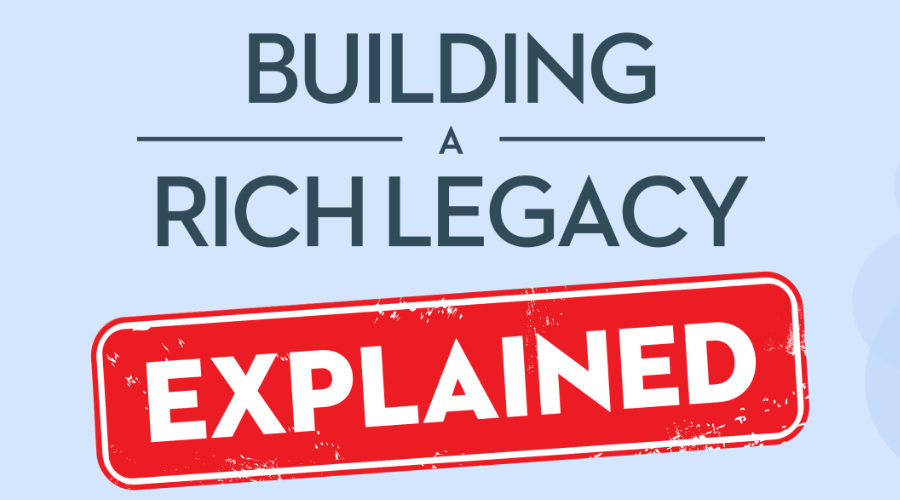Every year many Canadians contemplate making the life-long decision to retire. Retirement can be a dream for many people, but it can also be very stressful. According to a CIBC poll conducted by Harris/Decima, nearly 60% of retired Canadians hold some form of debt. Debt carried into retirement can affect retirement plans and cash flow. So, before you make the decision to retire, consider these tips on retirement planning and on how to reduce the burden of financing your debt so that you can live an enjoyable and stress free post-retirement life.
Tip #1
Don’t Take On Additional Credit Cards And Other High Interest Consumer Debt
Credit Cards and Private loans are all examples of loans you want to try to eliminate before you retire. Most Canadians don’t think of Credit Cards as loans and therefore, they are usually the first loan we put on the backburner when it comes to paying down debt. The CIBC poll also found that credit cards currently account for 39% of the debt being carried by Canadians into retirement, while 30% of retired Canadians say they have a line of credit.
Credit Card
This form of consumer debt incurs interest rates that are higher than many other loans. Therefore, it is important to pay off your credit cards before your interest payments start to snowball.
Private Loans
These loans can have a fairly high interest rate and can weigh you down financially. These should be the first loans you pay off before retirement since getting out from under these loans can be more difficult during your post-work years.
Clearing credit card debts and private loans should be a high priority on your retirement planning agenda.
Tip #2
Manage Your Mortgage
Most of us have a goal of paying off our mortgage before we retire, or ideally, in our 50s. By increasing your regular payments or making payments more frequently, you can pay off your mortgage and save yourself a lot in interest charges.
Paying bi-weekly vs. monthly can save you a lot in interest charges. By choosing a shorter amortization period you can take advantage of pre-payment privileges that let you make an annual lump sum payment on your mortgage. Use your salary bonuses or tax refunds to pay off your mortgage and keep your payments the same while interest rates are low.
If you qualify, you can also use a reverse mortgage to eliminate the need to make payments on your existing mortgage.
Ensure your retirement plan provides sufficient provision to either pay off or significantly reduce your existing mortgage.
Tip #3
Restructuring Your Debt
It is always a good option to talk to your financial advisor about debt consolidation. Credit Cards typically have a 19.5% interest rate, which is much higher than even a line of credit. But make sure you keep in mind that by consolidating your debt, it won’t cut the total amount owed and it may even stretch out the payback period.
Always speak to your Financial Advisor to explore the different ways you can save on interest rates through debt consolidation.
Considering debt consolidation while planning for retirement is crucial as there is typically a significant drop in earnings post retirement.
There are many other ways to prepare yourself for retirement, the above tips only scratch the surface of your options. It is important to make an informed decision by speaking with a professional about any of your financial concerns.































